16 December 2021
The Malaghan Institute is excited to welcome the first full spectrum cytometry cell sorter in the southern hemisphere, thanks to support from the Hugh Green Foundation. The Cytek Aurora CS will enable our scientists to probe the immune system’s role in health and disease more deeply than ever before.

Researchers Laura Ferrer, Kylie Price and Sam Small with the new Cytek Aurora CS
Cell sorters allow researchers to identify and isolate pure populations of different types of cells from a sample, such as a tumour, blood or skin. Once cells of interest are isolated, a range of experiments can be done to understand the function of the cell type in the disease of interest. It is possible to analyse, for example, which genes have been turned on, which mutations may have occurred and how different treatments alter cells or prevent disease.
The advantage of the Aurora CS is that it leverages the advantages of full spectral cytometry, which allows researchers to characterise cells more precisely and accurately than ever before.
“Spectral cytometry enables us to deeply interrogate which cell populations are present and what these cells are doing in the context of the diseases we study, such as cancer, allergies and infectious disease,” says Kylie Price, Head of Research Technology and Hugh Green Cytometry Fellow at the Malaghan Institute.
The Aurora CS is designed to leverage the paradigm-shifting technology of the existing Cytek Aurora benchtop analysers, of which the Malaghan Institute has four. As early adopters of this technology in 2017, the Malaghan Institute’s Hugh Green Cytometry Centre has firmly established itself as an international leader in the field of spectral flow cytometry.
“With the Aurora CS, we can assess a large number of parameters simultaneously, it has 64 fluorescent detectors, compared to our current sorter which has only 21 detectors,” says Kylie.
Spectral cytometry is used to analyse and understand cells by tagging them with fluorescent dyes then measuring the fingerprint of the whole emission spectrum for each fluorescent dye attached. Ultimately, spectral cytometry allows us to see deeper and unravel the complex biology of the immune system.
“The Cytek Aurora CS is very new to the market. Fewer than 50 have been distributed globally, and we’re the first to receive it in the southern hemisphere,” says Kylie. “This is the next leap in the advancement of cell biology research techniques. It’s a big step for the field and it hugely broadens our potential for discovery.”
Related articles
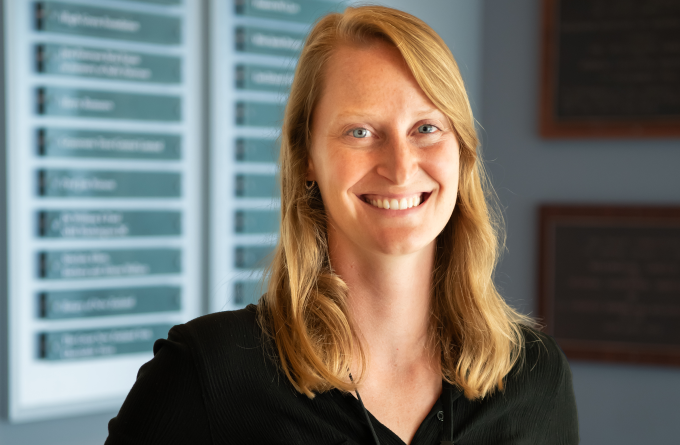
Malaghan RNA researcher named KiwiNet Emerging Innovator
4 September 2024
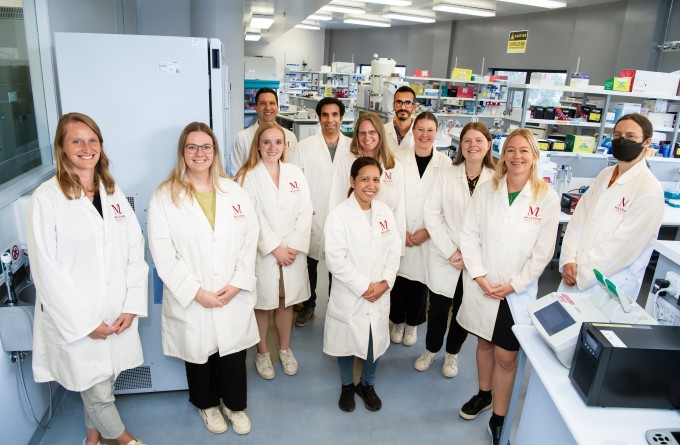
Hugh Green Technology Centre: driving innovation and support of medical research
12 July 2024

Shooting for the stars, propelling our research in the information age
21 March 2024
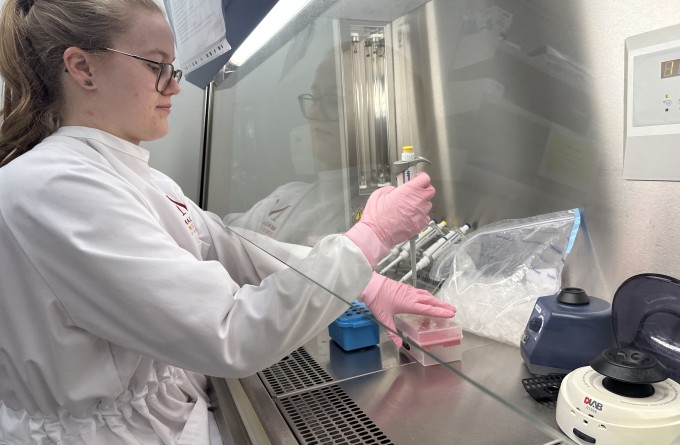
In Focus: Tailoring mRNA vaccines for immunocompromised populations
14 December 2023
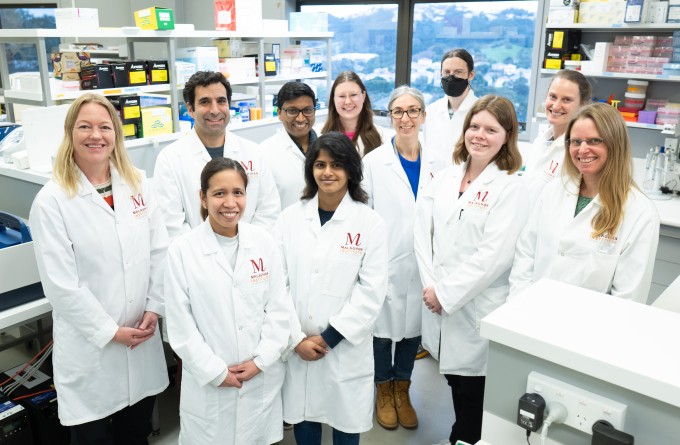
Philanthropic partnership sees record $15 million boost to biomedical research
12 December 2023
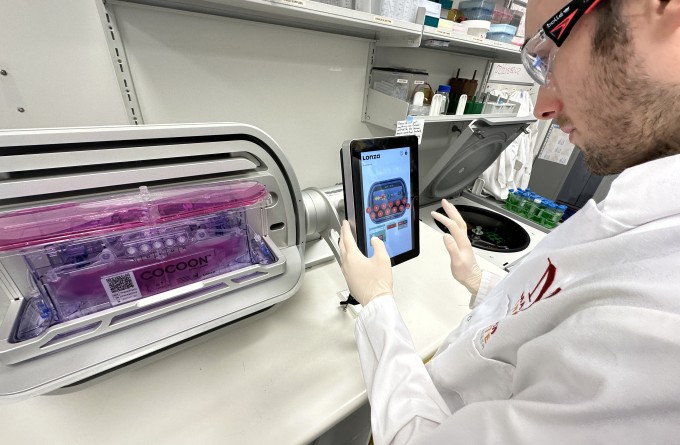
Malaghan Institute and BioOra deliver automated manufacturing to scale up CAR T-cell cancer therapy in NZ
16 August 2023
